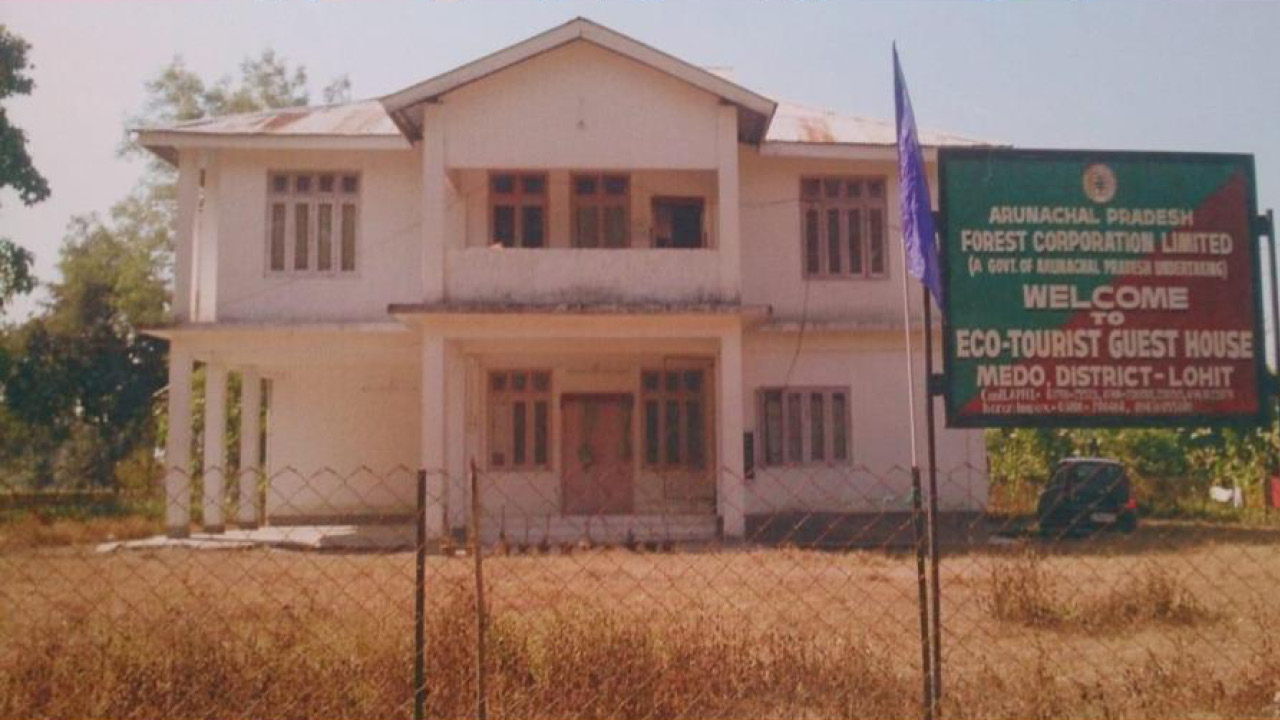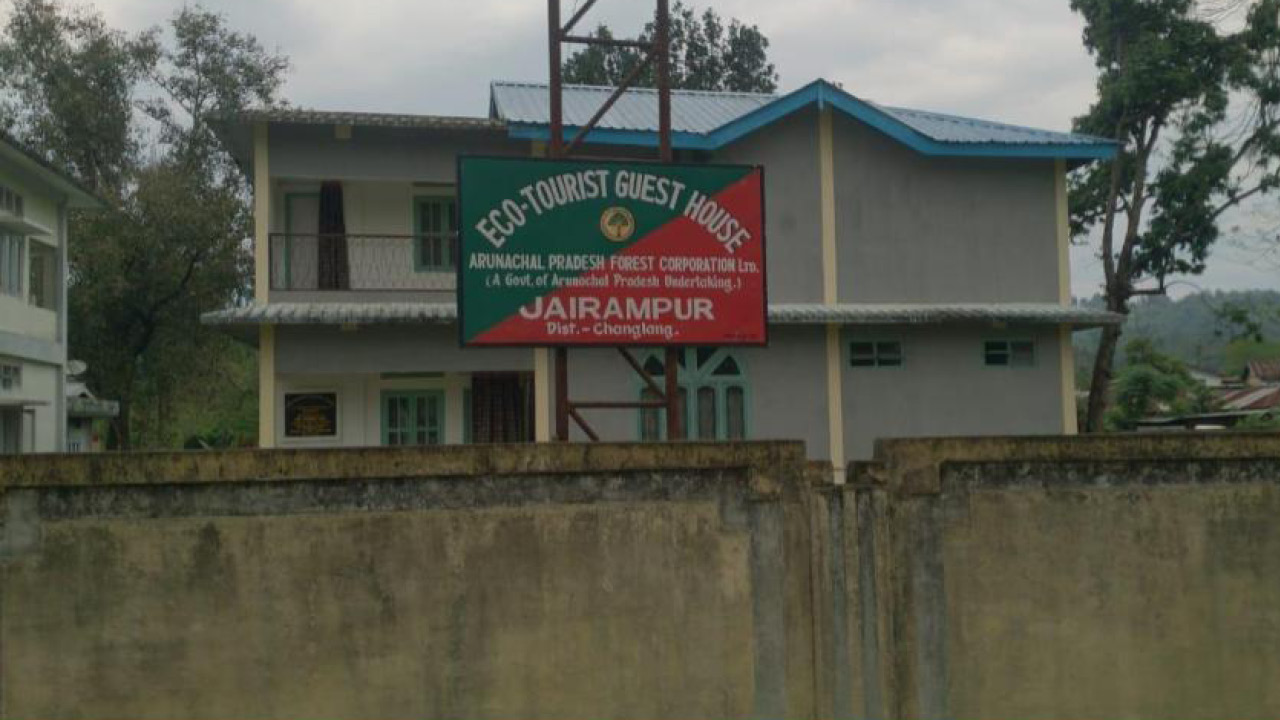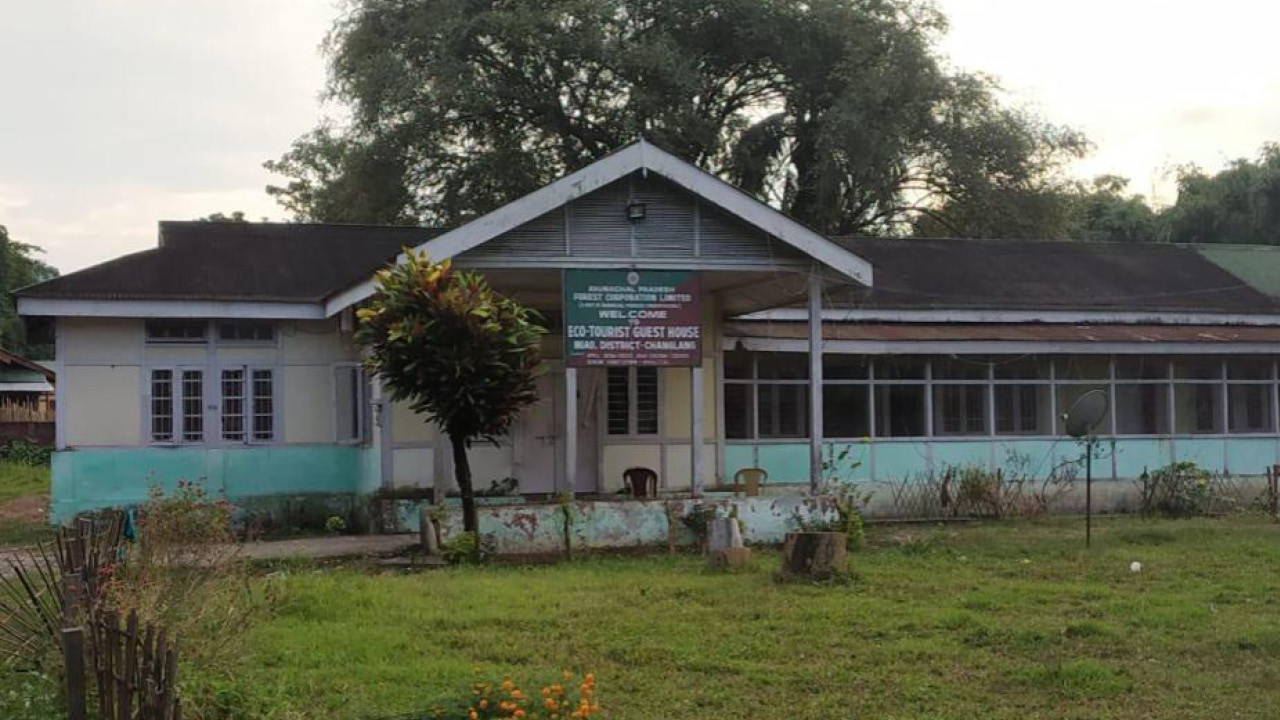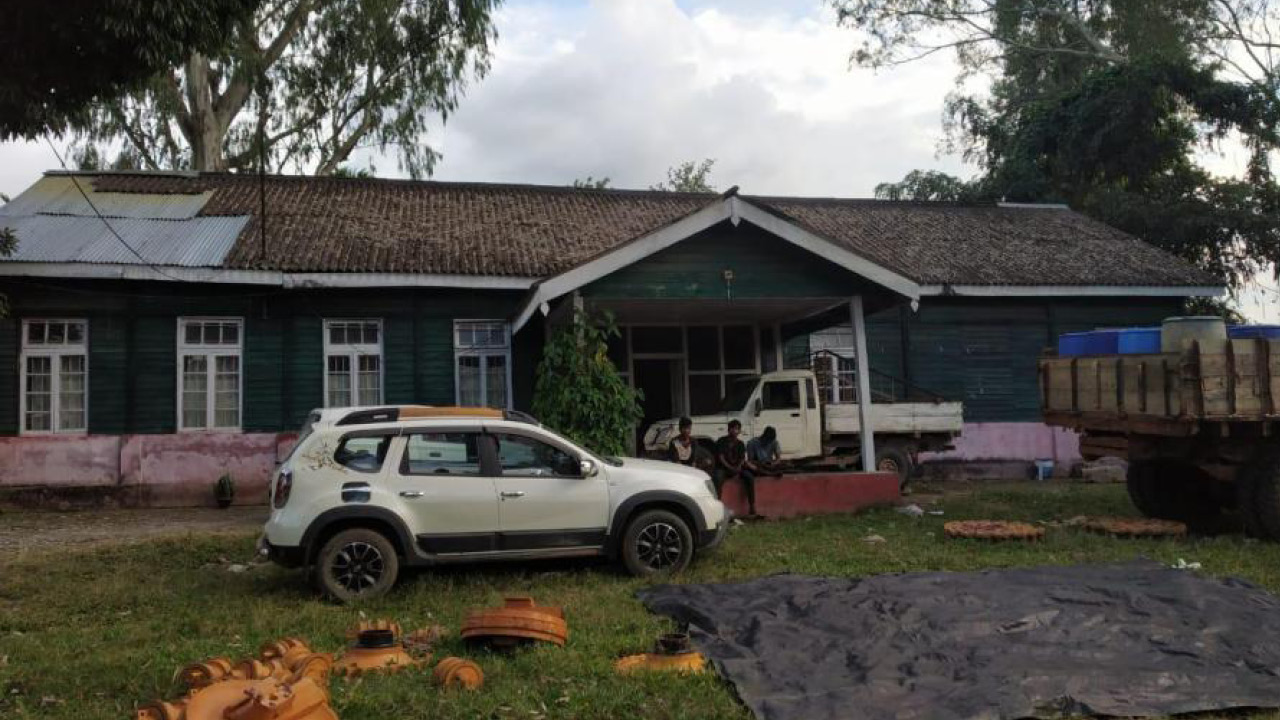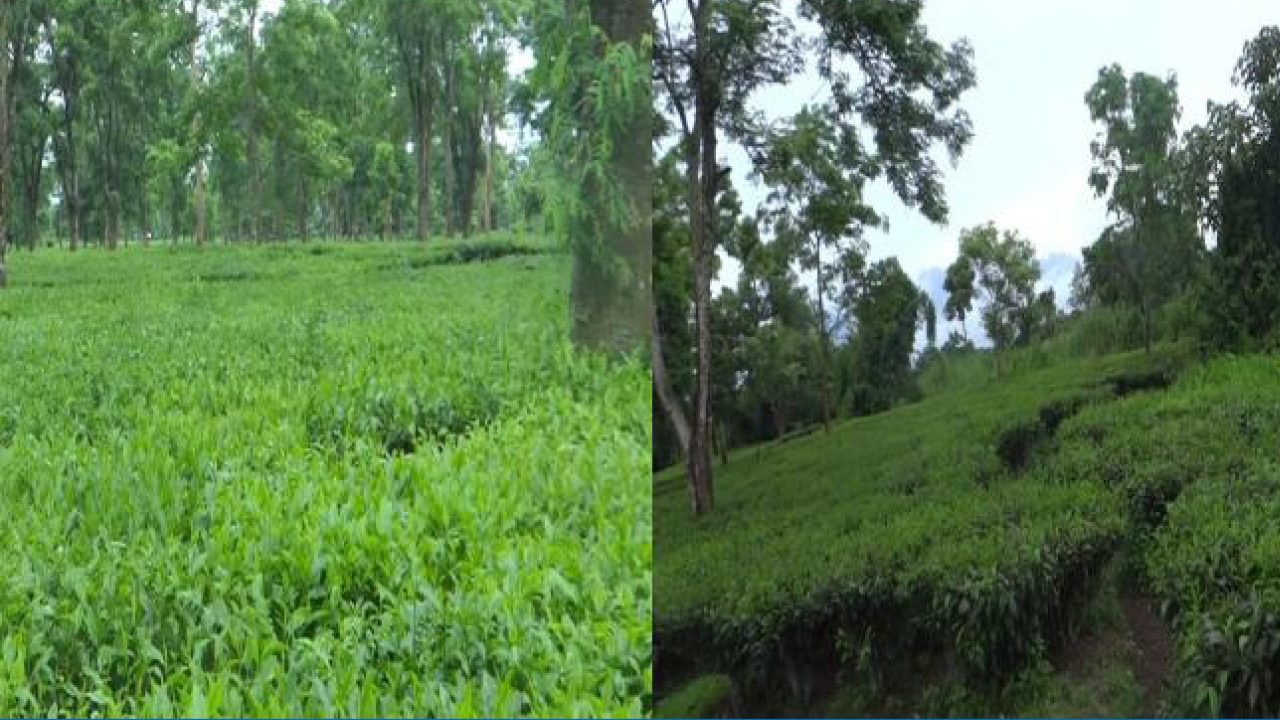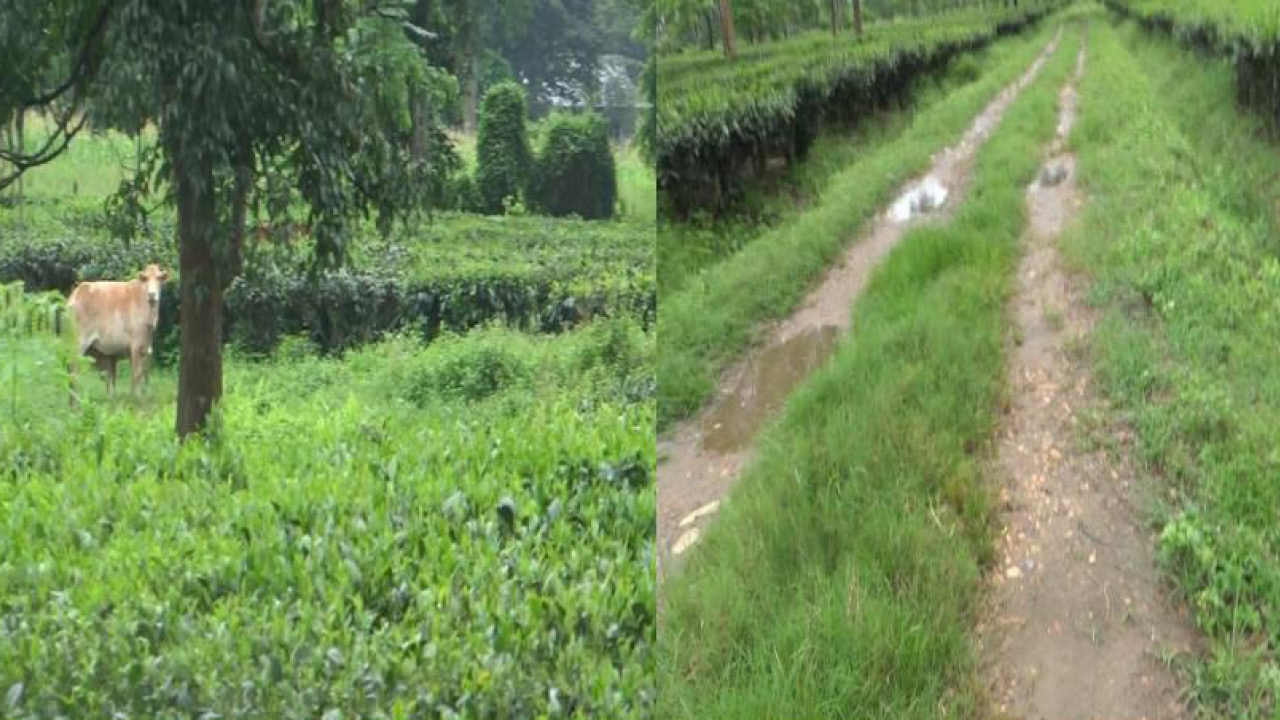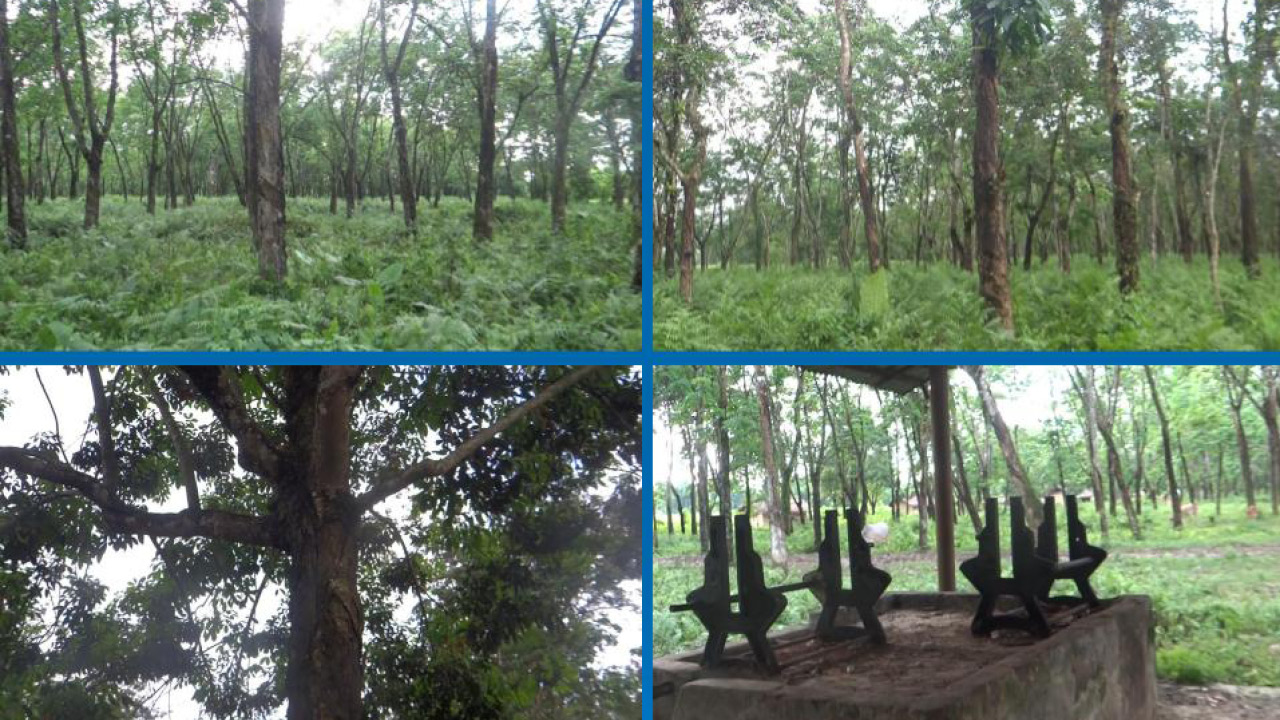Socio-Economic Upliftment of Tribal People Through Forestry and Non-Forestry Activities, Arunachal Pradesh Forest Corporation Ltd (APFCL)
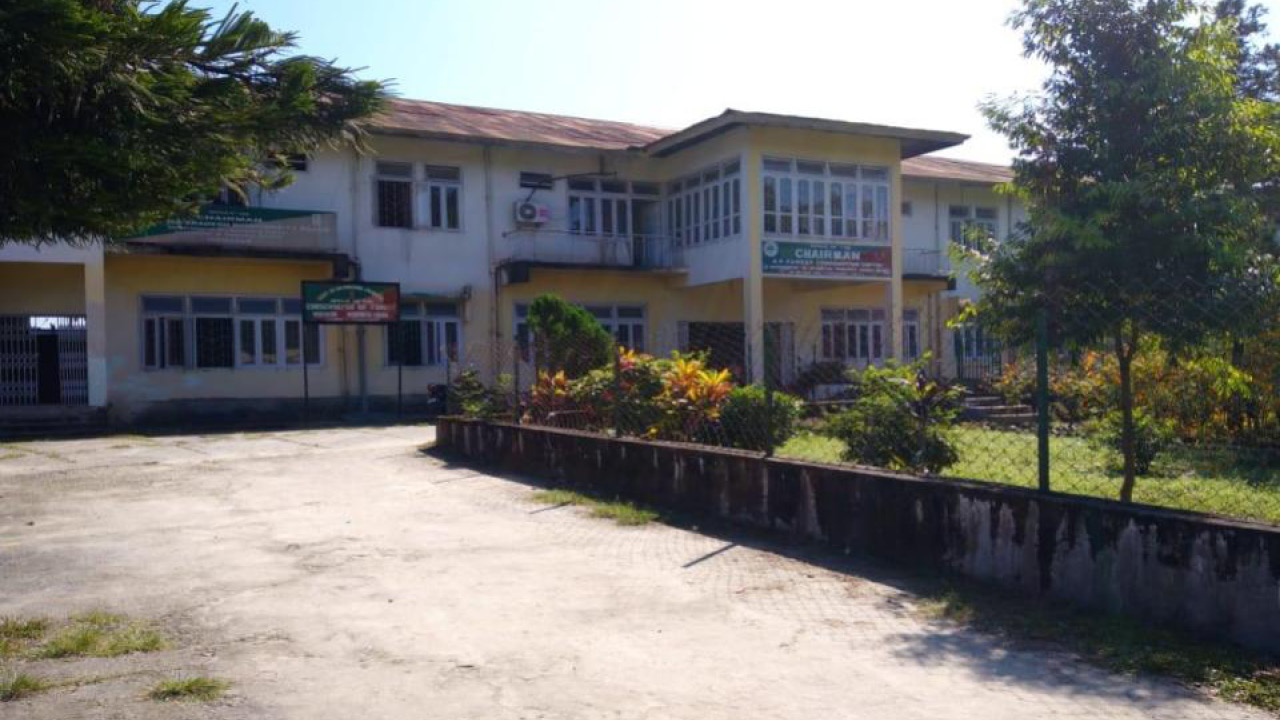
Socio-Economic Upliftment of Tribal People through Forestry and Non-Forestry Activities.
Problem
- Tribal reluctance to transition from traditional shifting cultivation practices
- Destructive approach of clearing and burning forest cover for ‘jhumming’
- Challenge of showcasing the benefits of APFCL’s initiative for socio-economic upliftment
Solution
- Transitioning tribes from harmful ‘jhumming’ to sustainable agricultural practices
- Formation of landowner societies to encourage profit-sharing partnerships with APFCL
- Offering daily wages to tribal landowners for their role in plantation development
- Engaging tribal communities in harvesting cash crops for a new income source
Outcomes
- Widespread adoption of settled cultivation practices among tribal communities
- Increased inclination among tribal people to partner with APFCL for further plantation projects
- A shift from environmentally harmful ‘jhumming’ to sustainable cash-crop cultivation
Project Details
Category: Socio-Economic Upliftment of Tribals
Project: Socio-Economic Upliftment of Tribal People through Forestry and Non-Forestry Activities.
Organisation: Arunachal Pradesh Forest Corporation Limited
Start Date: 01-Apr-1977
Problem
Tribal communities of Arunachal Pradesh had been deeply rooted in their traditional agricultural practices, particularly the shifting cultivation known locally as ‘jhumming.’ This involved the clearing and burning of forest cover. When APFCL introduced its vision for a more sustainable and economically beneficial approach, tribal landowners were initially hesitant. The hurdle was not just to shift the agricultural practice but also to alter a long-standing cultural perspective.
Solution
Recognising the environmental and socio-economic pitfalls of ‘jhumming’, APFCL strategized to shift this paradigm. They initiated the formation of landowner societies, creating a bridge of trust with the tribal communities. These societies were aimed at providing a platform where tribes could hand over their lands to APFCL under long-term agreements rooted in profit sharing. This not only promised land conservation but also ensured the tribes had a consistent income. Moreover, the tribal communities were actively involved in the entire process, from plantation development, where they were offered daily wages, to harvesting cash crops, further embedding the sense of ownership and economic upliftment.
Outcomes
The solutions implemented by APFCL bore fruit. Tribal communities began to see the tangible benefits of settled cultivation and were more open to the idea of allocating their lands to APFCL for broader plantation initiatives. The environment benefited from a reduced reliance on ‘jhumming’, ensuring forest conservation. Economically, tribal communities found a new and sustainable income stream, making them stakeholders in their future and the future of their environment. The partnership with APFCL not only changed the agricultural narrative of the region but also uplifted an entire community both socially and economically.


